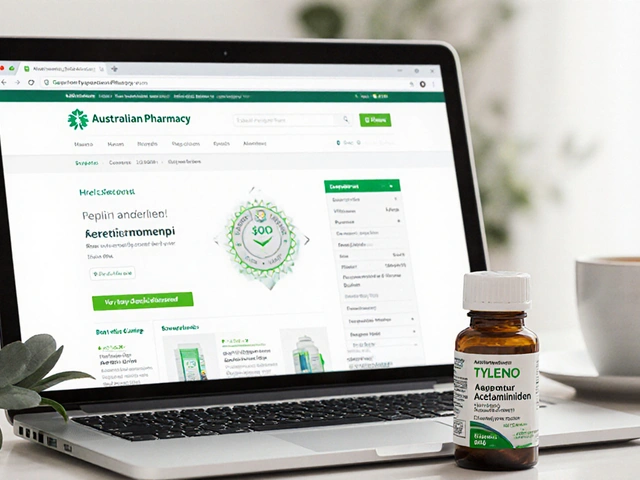Disulfiram (Antabuse): A Practical Guide
Disulfiram, often known by the brand Antabuse, is a medicine used to help people stop drinking alcohol. It doesn’t reduce cravings. Instead, it causes immediate, unpleasant reactions if you drink while taking it. That reaction helps many people avoid alcohol on purpose.
People who do best with disulfiram usually want a strong, clear deterrent. It can work well as part of a bigger plan that includes counseling, support groups, and regular check-ins with a doctor.
How disulfiram works
When you drink alcohol, your body converts it to acetaldehyde, then to harmless acetic acid. Disulfiram blocks the second step. Acetaldehyde builds up and causes flushing, nausea, headache, fast heartbeat, and low blood pressure. Those symptoms can start within 10 minutes of drinking and last for hours. Because the reaction is predictable and unpleasant, many people avoid alcohol while taking the drug.
Disulfiram starts working within a few hours and effects can last up to two weeks after the last dose. That means you need to be careful even if you stop the medicine for a few days.
Who should and shouldn’t take it
Disulfiram is for adults diagnosed with alcohol dependence who are motivated to stay sober and can follow instructions. Doctors usually check liver tests before starting and during treatment because disulfiram can affect the liver.
Do not take disulfiram if you are currently intoxicated, have severe heart disease, severe liver disease, or are pregnant. Also avoid it if you use certain drugs like metronidazole or some benzodiazepines—tell your doctor about every medicine and supplement you take.
Common side effects include drowsiness, skin rash, and a metallic or garlic taste in the mouth. Rare but serious effects include severe liver damage or mental changes. Any yellowing of the skin, dark urine, confusion, or persistent nausea should prompt immediate medical attention.
Practical safety tips: always read labels for hidden alcohol (cough syrups, mouthwashes, some sauces). Carry a medical alert card saying you take disulfiram. Start with supervised dosing if you or your doctor are worried about compliance. Avoid alcohol for at least 12 hours before the first dose and for at least two weeks after stopping the drug.
Follow-up matters. Regular check-ins let your clinician monitor liver enzymes, review side effects, and adjust the plan. Combine disulfiram with therapy and support groups to improve long-term results.
If you’re thinking about disulfiram, talk to a healthcare provider who knows addiction treatment. They can help decide if it fits your goals and make a plan that keeps you safe and supported.





